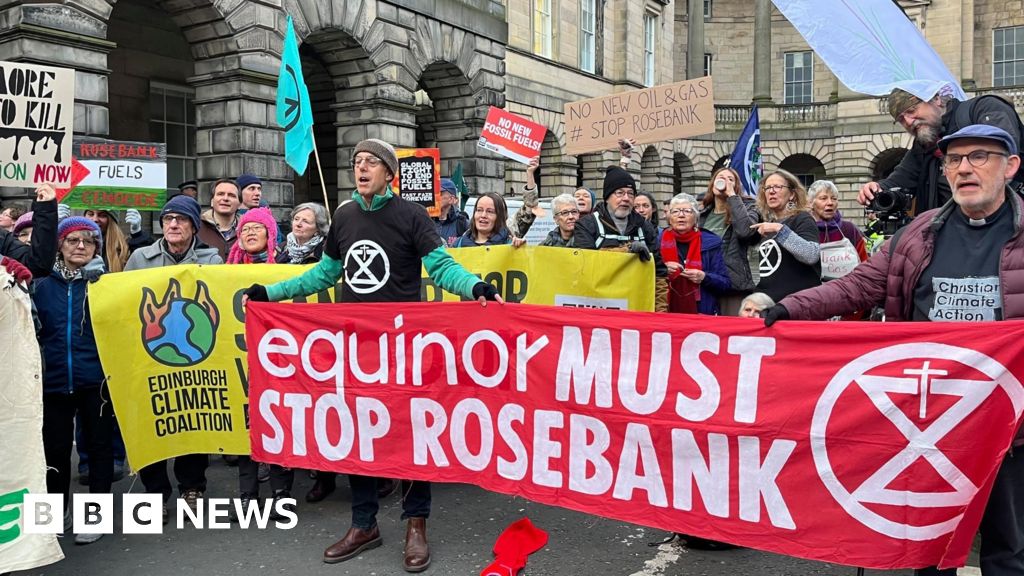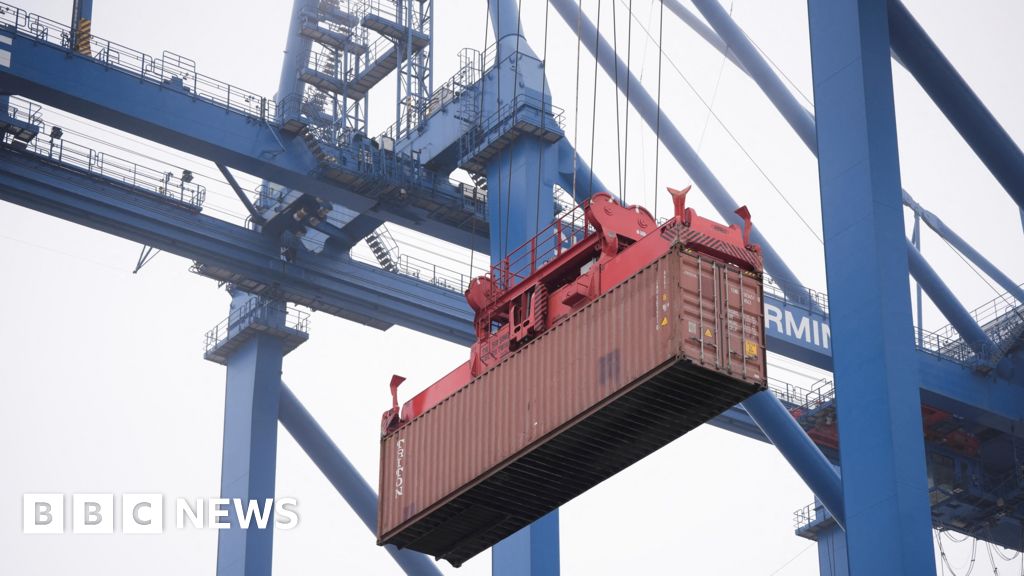ARTICLE AD BOX
 Image source, Getty Images
Image source, Getty Images
Price rises in British shops have slowed to their lowest rate since October but they are still significant, new data shows.
Prices rose 6.9% in the year to August, down from 8.4% in July, the British Retail Consortium (BRC) said.
Meat, potatoes and some cooking oil prices have risen less sharply.
But with grain exports from Ukraine in jeopardy, a rapid slowdown in price rises is unlikely. Ukraine accounts for almost a third of global grain exports.
Up until last month, a deal between Russia and other countries allowed the safe passage of grain out of Ukraine, but Russia has now pulled out of that deal, known as the Black Sea Grain Initiative.
This, combined with India's decision to place export restrictions on rice, means there are now "dark clouds on the horizon", the BRC said.
The retail trade association also blamed a rise in taxes on alcohol.
"These figures would have been lower still had the government not increased alcohol duties earlier this month," BRC chief executive Helen Dickinson said.
She said some ingredients in toiletries and cosmetics had become cheaper, which helped to ease price rises in these categories.
However, inflation for clothing and footwear increased as the summer sales came to a close.
Ms Dickinson added that there remained "supply chain risks for retailers to navigate".
Soaring food prices have been hitting households hard for more than a year.
The UK's overall inflation rate in July was 6.4%. However, food price inflation remains at 13.4%.
While that figure has dropped from a March high of 19.2%, Huw Pill, chief economist at the Bank of England, said earlier this month that high inflation rates had been "more long lasting than expected".
He added that there had been "some hiccups" with bringing it down - notably the war in Ukraine and the export of grain out of the Black Sea.
Global prices for certain commodities were starting to fall, Mr Pill said.
However, he claimed that some firms, "in the face of uncertainty", had locked in higher prices when the war first started, which had led to higher prices on the shelves.

 1 year ago
22
1 year ago
22








 English (US)
English (US)